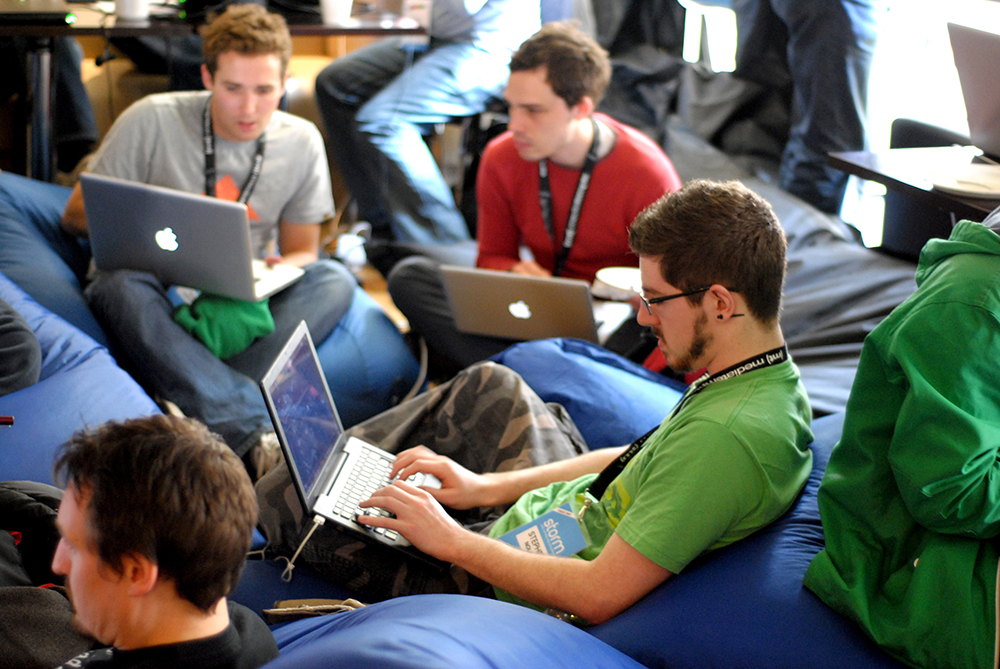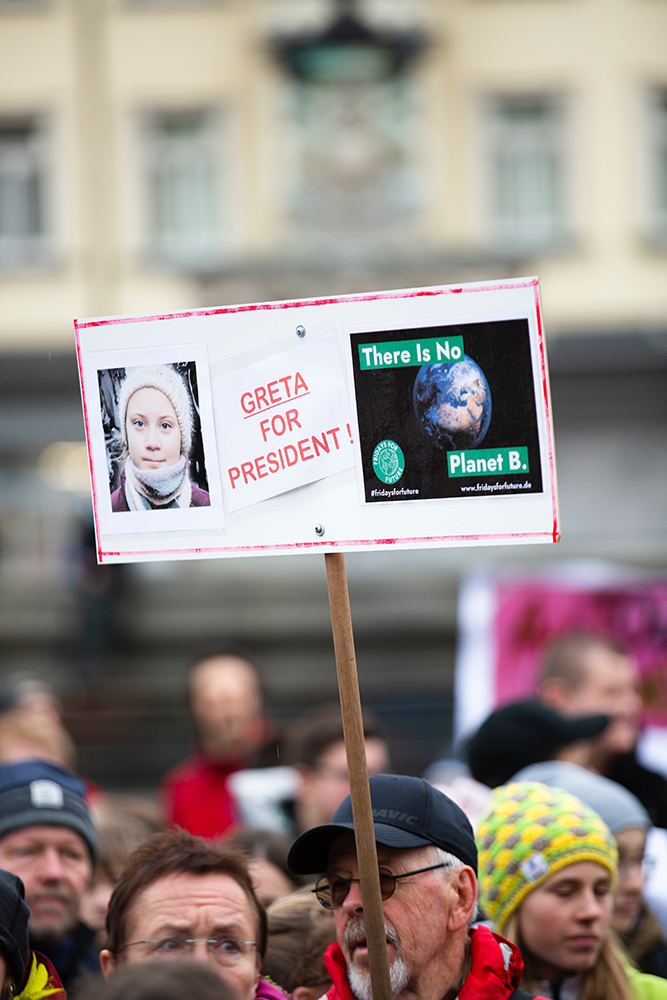Each year, around this time in July, billionaire and former Google CEO Eric Schmidt usually invites a few dozen celebrities, economists, and politicians from around the world to Big Sky country.
On the 5,200-acre grounds of the ultra-exclusive Yellowstone Club retreat, Schmidt brings together the likes of Lady Gaga, Sen. Cory Booker, and about 40 other invitees to hear from leaders who have included some Google executives and few people know about it.
In the world of billionaires and other elites, these kinds of ritzy Western getaways often christened ideas summits or weekends for thought leadership are not uncommon. But they are usually quasi-public, like the paparazzi-littered Sun Valley deals conference, or at least more broadly known, such as the annual retreat hosted until recently by now-disgraced television host Charlie Rose or Mitt Romneys summit in Utah.
But this particular conclave in its eighth year since launching in 2012, though its taking a break due to the coronavirus pandemic has remained highly secretive by design, only vaguely acknowledged in media. But it is coming into focus in a new report from a tech watchdog group, the Tech Transparency Project, which combed through social media posts and flight records connected to Schmidts retreat to offer the most detail yet on the weekend. The report argues that this retreat gives Schmidt, until recently one of Googles highest-profile executives, a way to charm his critics and curry favor for Google covertly.
The picture that emerges is Schmidt using the celebrity-studded retreat as a form of soft power, helping Google advance its interests with cowboy hats and intimate concerts rather than the traditional tools of corporate influence, the group writes in the report.
Schmidt and Google declined to comment on the event and on the report.
Retreats for the elite are drawing more scrutiny as populist pushback builds to both tech wealth and to the broader notion of how elites shape public opinion. Google is one of the worlds most powerful companies, and Schmidt has long served as its political fixer, the tip of the spear of a tech lobbying operation that spent $150 million over the last decade. (Schmidt reportedly cut his last lingering tie to the company earlier this year.) And the event, at least theoretically, is a possible way for Schmidt to more gingerly build out this sphere of influence.
The event seems to have adopted a veil of secrecy. More than a dozen attendees identified by the Tech Transparency Project which itself doesnt fully disclose its backers, except to say there are no corporate donors didnt return requests for comment. Part of the reason the event has effectively remained undercover may be that its held at a heavy-security club among the most exclusive locations in the country the worlds only private ski, golf and adventure community that is limited to just about 860 memberships to preserve its exclusivity. Mentions of the Schmidt event are almost entirely nonexistent in the press, save a few in mostly foreign media.
In one of those few apparent public utterances about the event, a fellow Yellowstone Club member and billionaire, Ron Burkle, said Schmidt hand-picks the people who appear at the retreat each year.
The events agenda seems to resemble other conferences: Attendees sit in on sessions and interviews, spend time outdoors, attend private concerts from musicians like Leon Bridges, or even jaunt over to the Yellowstone Clubs annual rodeo invitational, which sometimes coincides with the Schmidt event, the report says.
But crucially, Schmidts event offers an opportunity for him to not just entertain some of the worlds most influential thinkers, but to occasionally promote Google by bringing Google leaders to the event, according to the authors, such as one of the inventors of Google Glass and a Google employee who worked on its self-driving cars. Some of the events past attendees have the power to scrutinize and investigate Google in their roles as lawmakers or journalists.
Still, theres no hard evidence that Schmidts weekends have directly won him or Google any favors. The group merely raises the possibility that it could soften attitudes toward the tech giant. In a way, thats part of the point its usually hard to know if retreats sway attendees views or relationships with the host. Its the under-the-wraps nature of Schmidts retreat that appears to be unusual.
The report points to Austrian Chancellor Sebastian Kurz and Pulitzer Prize-winning investigative reporter Ronan Farrow as examples of past attendees whose relationships with Google may have been influenced by Schmidts events. The report speculates that there is a possible connection between changes in Kurzs stance on taxing tech companies and his attendance in 2018. A spokesperson for Kurz declined to comment. And though Farrow has published critical pieces about Google since he attended the event, the report calls out one particular story Farrow ran on NBC about ISIS that the Tech Transparency Project felt was soft on Google.
I view it as part of my job to meet sources in government and business, along with academics, scientists, and fellow journalists, Farrow told Recode. That has not and would not influence my reporting. And I welcome any investigative leads on Google or any other major tech company.
Other senior reporters have also attended the Schmidt weekend in the past, a group that once included Voxs editor-at-large, Ezra Klein. Klein said the event seemed to be a pretty standard ideas-style conference, but in Yellowstone.
The guest list and tone definitely reflected an older era when Silicon Valley thought it had a lot to teach Washington, and Washington was more interested in learning, he told Recode.
The Tech Transparency Project doesnt have ironclad proof of any policy or opinion change tied to the conference. But Katie Paul, the projects director, argues that the existence of this retreat should at least be publicly known since, she says, it is effectively a form of lobbying.
Its secrecy is also something that should be concerning to the American public in terms of what kinds of influence these companies are trying to wield if its something they feel they need to keep quiet, she said.
Support Voxs explanatory journalism
Every day at Vox, we aim to answer your most important questions and provide you, and our audience around the world, with information that has the power to save lives. Our mission has never been more vital than it is in this moment: to empower you through understanding. Voxs work is reaching more people than ever, but our distinctive brand of explanatory journalism takes resources particularly during a pandemic and an economic downturn. Your financial contribution will not constitute a donation, but it will enable our staff to continue to offer free articles, videos, and podcasts at the quality and volume that this moment requires. Please consider making a contribution to Vox today.
Home>>Theatre>>The elite Yellowstone Club hosts a small summit of celebrities, tech luminaries, politicians, and influencers each July.

Theatre







